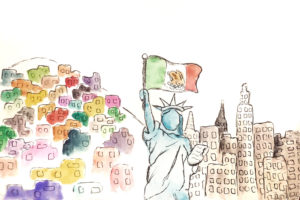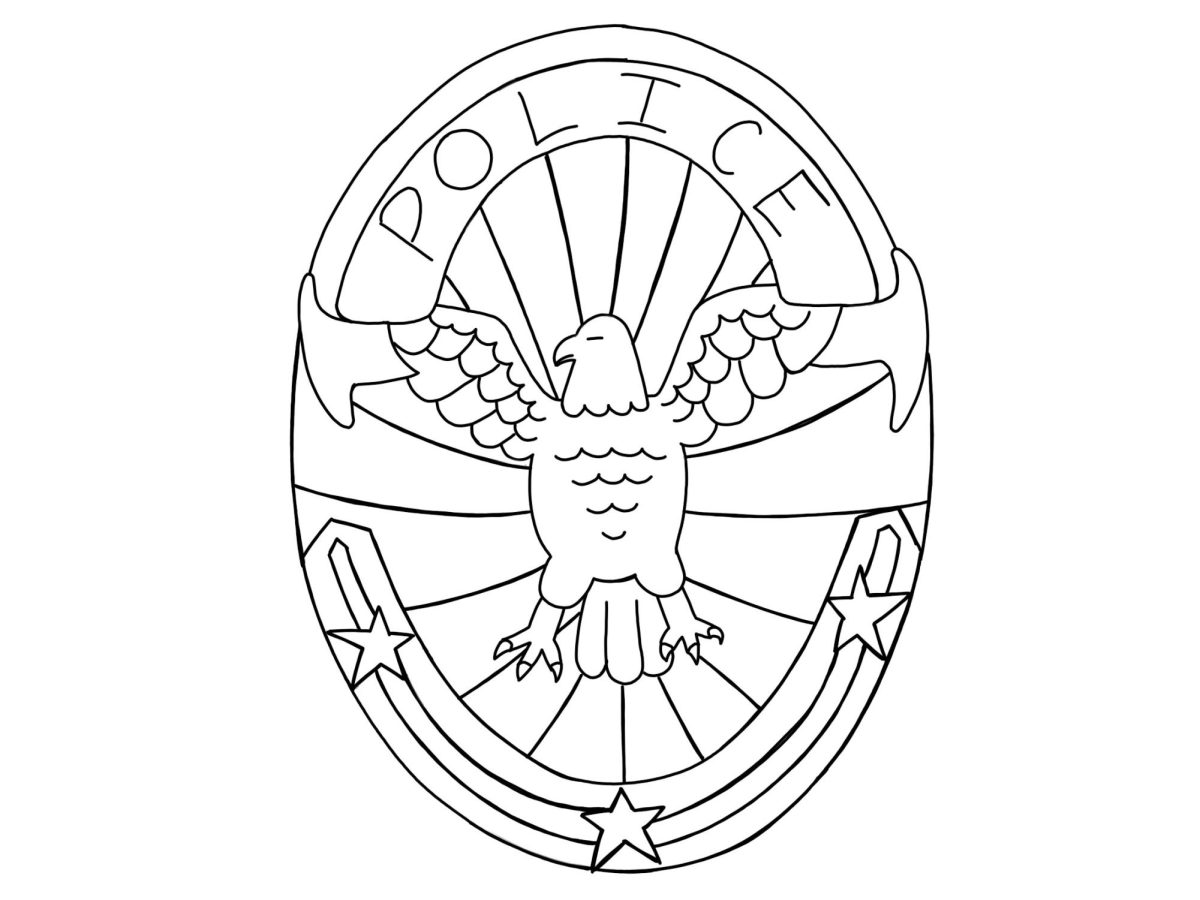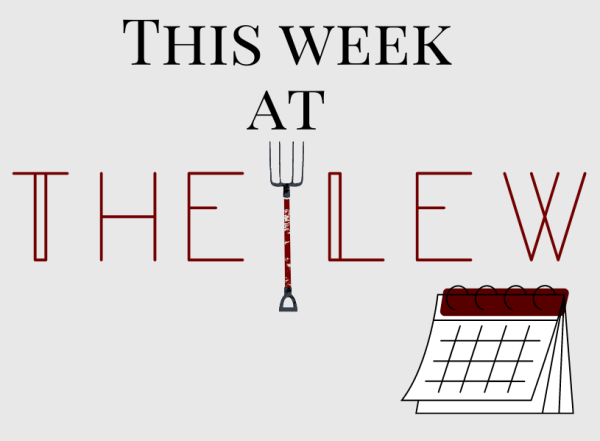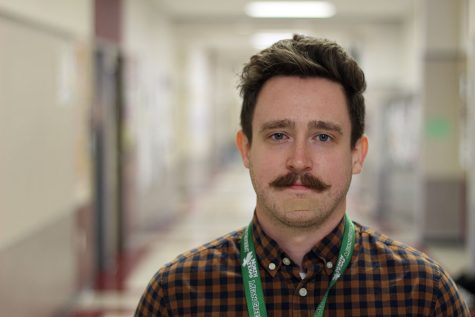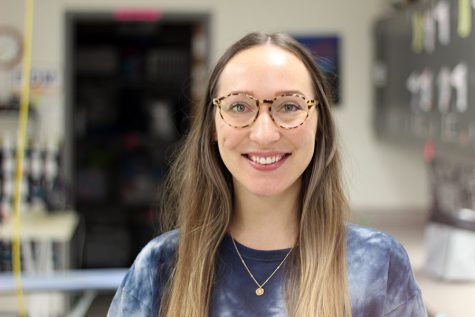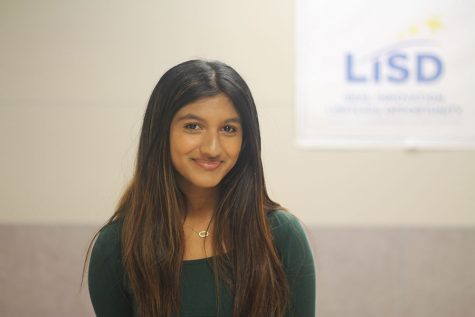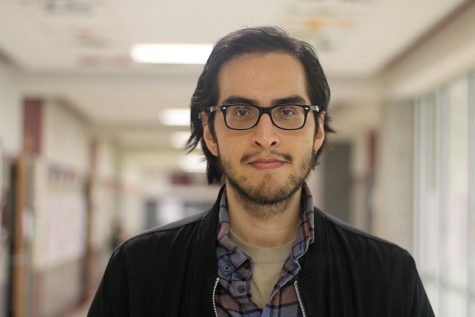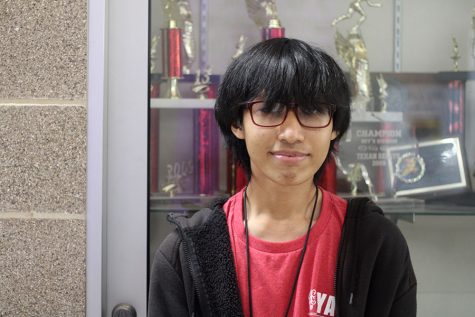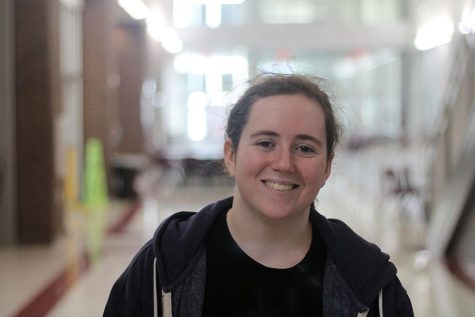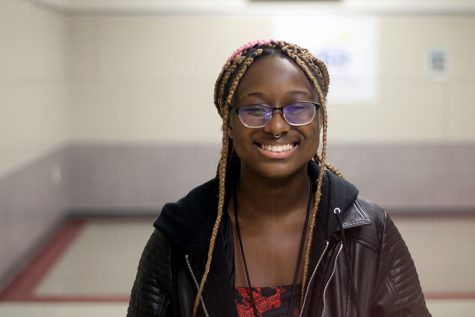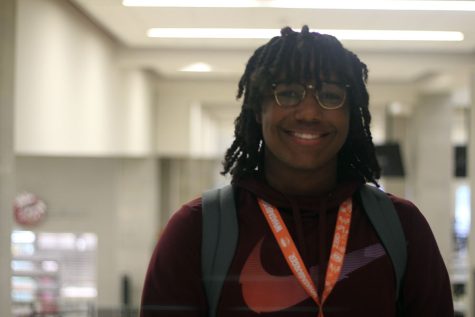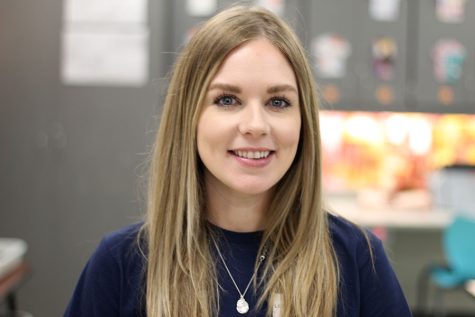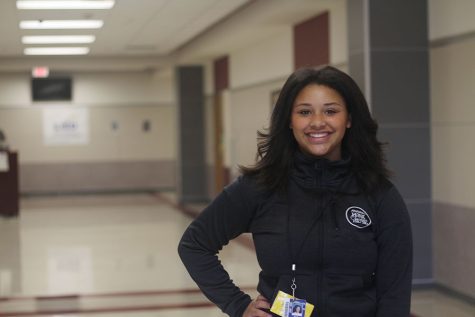Embracing being different
October 13, 2017
When I was 5.
It never occurred to me I was different than all the other kids in my kindergarten class. I didn’t know that every other day I had to go to a special teacher not knowing I was there because I spoke a different language and they wanted to help me improve my English. I still watched and listened to all the same shows and music my friends did. I didn’t feel like an outcast because I was a little different. Being Hispanic didn’t mean anything to me; I was oblivious to the topic of race. I was young and nothing mattered to me.
When I was 9.
I realized I was different than some of the other students in my class. I celebrated holidays differently, the language I spoke at home was different, and the TV shows I watched resembled a completely different culture. I started to become ashamed of who I was because it seemed as if my identity wasn’t good enough for people. I didn’t feel normal or similar to any of the other kids I knew.
I felt different and I hated it. I wanted to change myself.
When I was 14.
I started to become more aware of what people thought about me, and it made me distraught. My parents started to worry; they didn’t want me to be afraid or ashamed of who I was. I didn’t feel like I could fit in with the my classmates. Being Hispanic and playing a mostly white dominated sport, I felt judged. Throughout the last few years that I have been playing tennis, I have received dirty looks from both players and parents. After my matches my mom would talk to me in Spanish about how I did while I was playing, and they would look at us with confusion in their eyes. I didn’t feel welcome in a place where I should feel my happiest.
At home I felt safe. I was comfortable. I could speak Spanish and be my genuine self without worrying about thoughts from other people. I began to feel appreciative of the traditional Hispanic upbringing my parents chose for my sisters and me. My dad read books in Spanish to me almost every night when I was younger. My mom cooked traditional Mexican dishes for dinner. It was easy to understand the American culture by listening to my two older sisters. Eventually I copied everything they did, hoping it would help me fit in.
Now, I am 15.
I have learned it’s good to be different. I know that sometimes it’s going to be difficult, but I have learned that it’s OK. I am no longer ashamed of who I am. At school and tournaments I am not afraid to be myself. I am proud of who I am, what I do, my language, my culture, my family and the many traditions that have been passed down to me. My upbringing does not make me less important than someone else, I should not be treated unfairly because of who I am. I am different, and that is amazing. Being Hispanic is something I will forever be proud of. Nobody should ever feel insecure about who they are.



